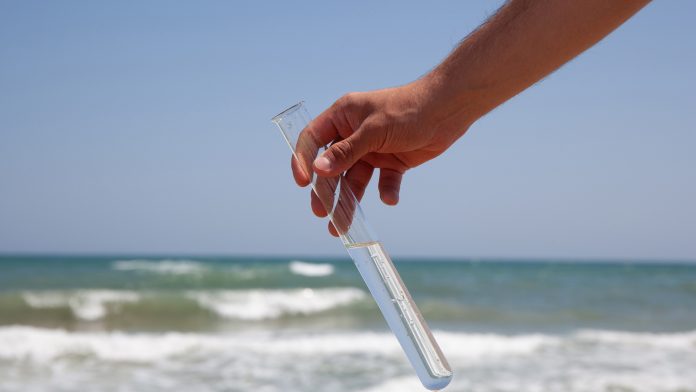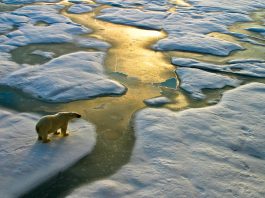As human pressures continue to affect our seas and coasts, ocean solutions need to be developed to ensure that these areas are sustainably managed.
Real-world laboratories are a set-up of research infrastructure where scientists may be able to explore options to protect and use our oceans sustainably. Here, experiments are carried out to discover more about the sustainable development of society. Potential ocean solutions can be worked on with specific communities, helping to meet the mission of the ‘United Nations Decade of Ocean Science for Sustainable Development’ of working towards ‘transformative ocean science solutions for sustainable development, connecting people and our ocean’.
Now, a team of authors is highlighting how using real-world labs could be advantageous when dealing with multiple, overlapping challenges addressed by the Ocean Decade.
The article, titled ‘Making the UN Ocean Decade work? The potential for, and challenges of, transdisciplinary research & real-world laboratories for building towards ocean solutions,’ is published in the journal People and Nature.
Why is it important to find ocean solutions?
Oceans are incredibly important for societies worldwide, as marine environments provide food and energy, facilitate the trading and transport of goods, and generate jobs. According to the Food and Agriculture Organization of the United Nations (FAO), aquaculture forms the basis of livelihood provision for more than 10% of the world’s population, and many countries rely on fish and seafood as essential sources of protein.
Because of this, the need to source ocean solutions is vital, as human pressures such as climate change, pollution, and habitat destruction have affected our seas and coasts for a long time. As well as this, the Blue Economy, including sectors such as fisheries, aquaculture, tourism, underwater mining, and shipping, has been primarily set up in an unsustainable way.
As these pressures continue to build, the world faces an unprecedented loss of marine life, affecting not only the ocean but also public health and well-being. The demand to find solutions to sustainably manage oceans and coastal areas is therefore greatly increasing.
Societal transformation requires relevant participation
Dr Kimberley Peters, Professor for Ocean Governance at the Helmholtz Institute for Functional Marine Biodiversity at the University of Oldenburg (HIFMB), stated: “The core challenge is that the ‘right’ solutions cannot be easily found because our abilities to predict complex systems are limited.
“What may be ‘right’ for one set of actors using the marine environment, might be different to another.”

In light of this, the team argued that solution-orientated research approaches must enable the involvement of everyone with stakes in the future of our marine environment and its resources. Real-world labs are a promising ocean solution as they can facilitate and guide a successful knowledge exchange at the interface of science and society.
For real-world labs to succeed, participation is required from all relevant stakeholders at the site of the marine issues. Together, practitioners and scientists develop and test potential strategies to tackle local challenges in a transdisciplinary process of co-designing research questions, co-producing knowledge, and co-evaluating the results.
Dr Andrea Franke, lead author and postdoctoral researcher at the HIFMB, explained: “The approach can be especially helpful in coastal areas that are heavily used for various activities ranging from artisanal fisheries to tourism potentially leading to conflicts of interest between different users and stakeholders.”
Ocean solutions like this can also be helpful in other areas, such as planning offshore wind farms or Marine Protected Areas, where a variety of factors can overlap and collide.
The real-world lab method may help improve ocean governance, and also address the challenges of the UN Ocean Decade including to ‘protect and restore ecosystems and biodiversity’, ‘sustainably feed the global population’, and ‘change humanities relationship with the ocean’.





